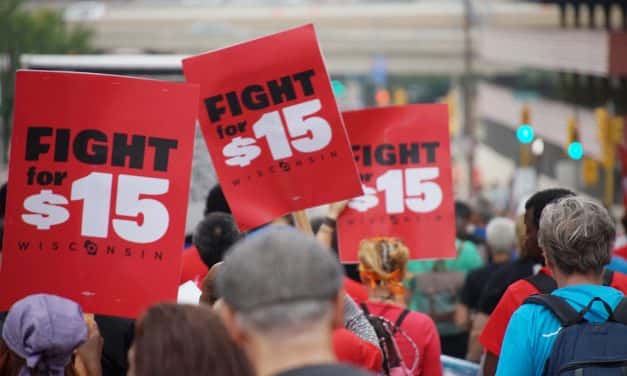Immigrants make critical contributions to Wisconsin’s shared prosperity
Immigrants are an intrinsic part of our nation, our state, and our communities. Every day immigrants care for family members, go to school, advocate for positive changes, and connect with other residents in the farmlands, small towns, and cities of Wisconsin. Their contributions help Wisconsin maintain strong, vibrant communities that ensure that Wisconsin is an attractive place to live and raise a family. In addition to their many other diverse roles they hold, immigrants in Wisconsin are also workers. Immigrants make up a small but important part of the state’s workforce and play a critical role in sectors that...
Read More















